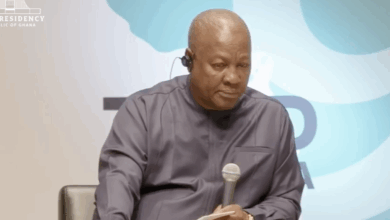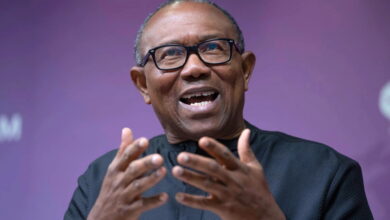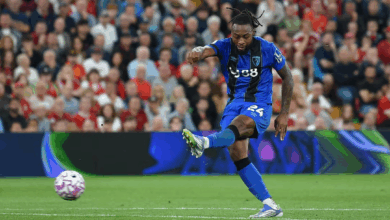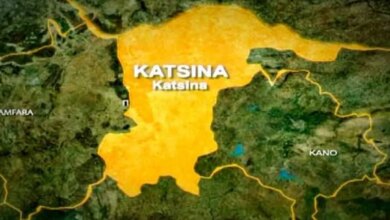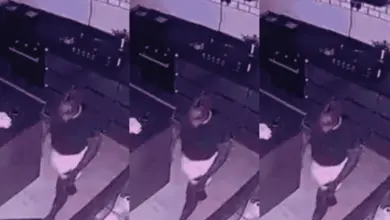Madagascar president asks for one year to resolve problems or he will resign
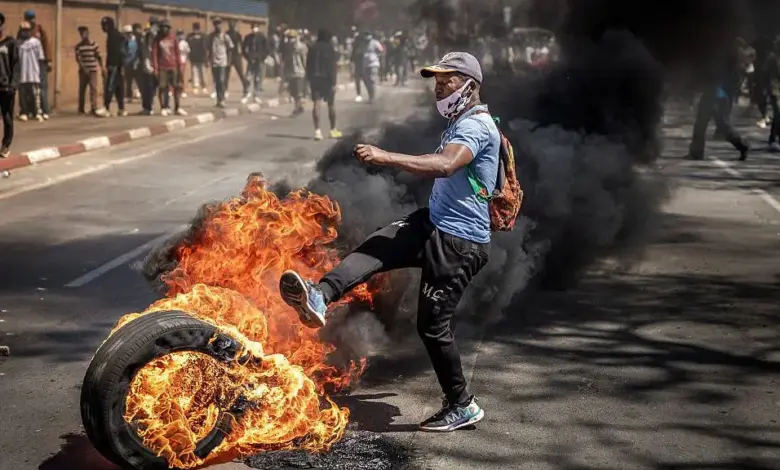
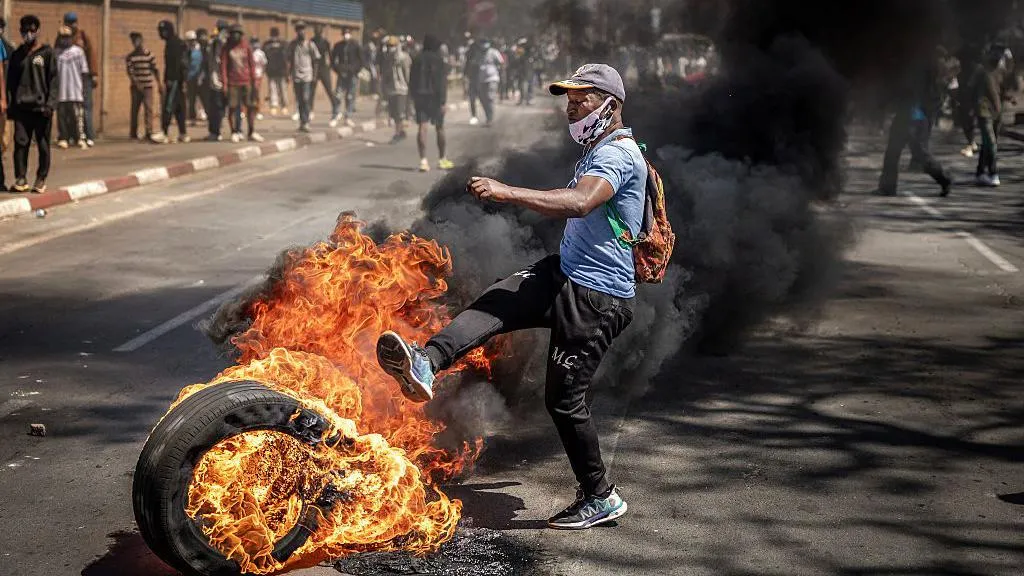
Madagascar’s President Andry Rajoelina has asked for one year to fix the country’s challenges, promising that if they persist, he will resign.
He said this during a town-hall style meeting at his palace with various groups of government supporters. Many attendees had the opportunity to ask the president questions or simply share their views – to which he responded.
“I don’t want flattery. I want to hear the truth. It’s the people who kept telling me that everything was fine who are responsible for our current situation,” he said.
The movement behind the protest, known as Gen Z Mada, has been calling for the president to resign – and rejected an invitation to attend the talks.
They argue that they cannot engage a government that has been repressing them as they demand basic human rights. The group has called for new protests on Thursday.
“We refuse the president’s invitation to talks. We will not engage in dialogue with a regime that represses, assaults, and humiliates its youth in the streets,” they wrote on their Facebook page.
At the expiry of their 48-hour ultimatum for the president to resign, the group called for a nationwide strike, although the details remain unclear.
They have vowed not to back down, urging people from all regions to join them and declaring that “the Malagasy people do not submit”.
Rajoelina has been holding these meetings as part of his pledge to “listen more”, emphasising that the challenges facing the Indian Ocean island nation can only be solved through honest conversations and not protests.
The president assured those at the dialogue that ongoing power projects would address the recurring outages by adding 265 megawatts to the national grid.
“I swear that if power cuts persist in the capital within a year, I will resign,” he said.
The protests began on 25 September triggered by anger over persistent power and water shortages, and have escalated into broader dissatisfaction over corruption, high unemployment and the cost-of-living crisis.
Last week, Rajoelina sacked his entire government and appointed an army general as prime minister on Monday. The protest movement rejected the appointment and vowed to continue their struggle.
Rajoelina came to power in 2009 after leading mass protests that triggered military intervention and overthrew then-President Marc Ravalomanana.
Although the youth-led movement continues to demand his resignation, street protests appear to have weakened.
Life in most parts of the capital, Antananarivo, continues as normal, except in a few neighbourhoods with a heavy police presence, where some roads have been blocked or are being closely monitored.
At least 22 people have died in clashes with security forces and scores more have been injured, according to the United Nations. The authorities have disputed these figures.
DISCLAIMER: The Views, Comments, Opinions, Contributions and Statements made by Readers and Contributors on this platform do not necessarily represent the views or policy of Multimedia Group Limited.
Tags:
DISCLAIMER: The Views, Comments, Opinions, Contributions and Statements made by Readers and Contributors on this platform do not necessarily represent the views or policy of Multimedia Group Limited.
Source link

